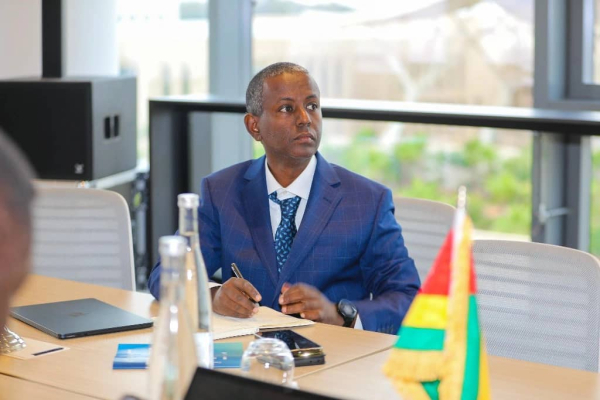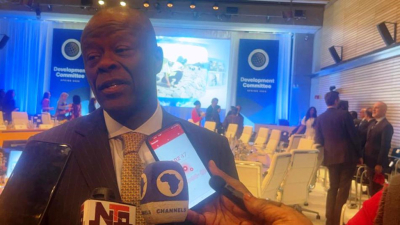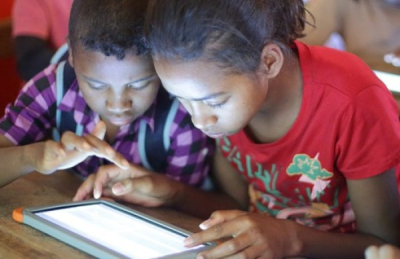Artificial intelligence offers Africa a chance to tackle key challenges and drive economic growth. But to fully capitalize on AI, significant investments are needed.
Djibouti plans to become a regional hub for artificial intelligence (AI) innovation, according to Houssein Ahmed Assoweh (photo), the country's representative at the ICESCO regional workshop for the development of the Islamic World Charter on AI.
In an interview with the Djiboutian News Agency ADI, Houssein Ahmed Assoweh said: "We will continue to invest in AI education and training to strengthen national skills. Additionally, we plan to launch several pilot projects in identified priority areas. The goal is to position Djibouti as an AI innovation hub in the Horn of Africa. I am convinced that Djibouti has an important role to play in the global AI ecosystem.”
According to the AI expert, Djibouti is developing its national AI strategy, focusing on improving living conditions in a challenging environmental context. The strategy includes the application of AI in critical areas such as smart agriculture, healthcare, logistics and transportation, as well as education. These efforts are part of "Vision 2035," the Djiboutian government's development strategy aimed at equipping the country with world-class digital infrastructure.
By investing in AI, Djibouti aims to become a key player in technological innovation in Africa. AI could notably enable significant advances in smart agriculture, optimizing crop yields despite the country's climate challenges. In healthcare, AI could facilitate more accurate diagnoses and increased access to care, particularly in remote areas.
According to PwC's "Annual Global CEO Survey," AI could contribute up to $15.7 trillion to the global economy by 2030, with $1.2 trillion potentially generated in Africa. This contribution could represent a 5.6% increase in the continent's GDP over that period, highlighting the enormous potential of AI to boost Africa's economic growth if properly harnessed.
Samira Njoya



















